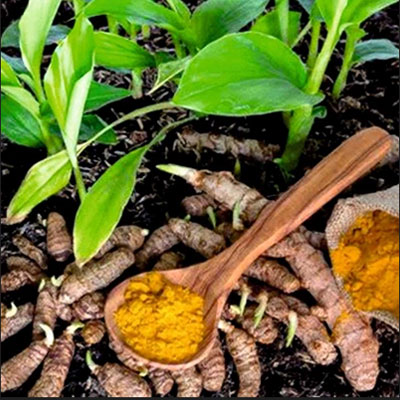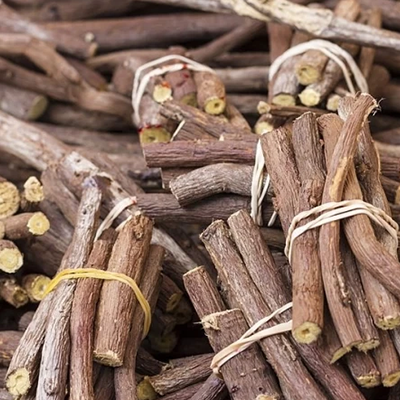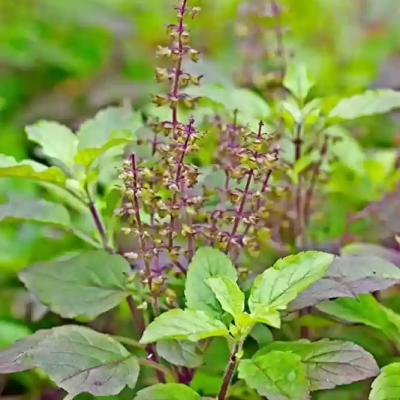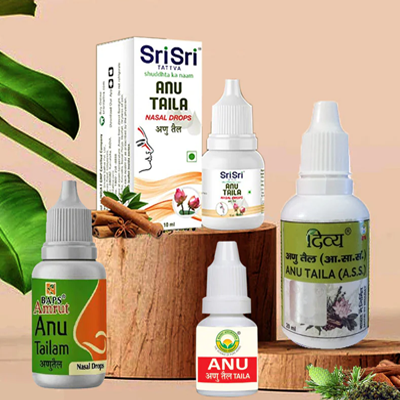A Deviated Nasal Septum is a condition in which the nasal septum, the thin wall of bone and cartilage dividing the nasal cavity into two nostrils, is displaced or crooked. This can obstruct airflow, causing breathing difficulties and other complications.
Why it needs to be treated?
- A deviated septum can partially block one or both nostrils, leading to difficulty breathing.
- Poor airflow and mucus drainage can predispose to sinus infections.
- It may contribute to snoring or sleep apnoea.
- Constant nasal obstruction or discomfort can affect daily activities.
Causes of DNS
- Congenital: Present at birth due to developmental irregularities.
- Trauma/Injury: Injury to the nose during accidents or contact sports.
- Developmental Asymmetry: Uneven growth of facial bones during adolescence.
- Surgical Complications: Inappropriate healing after nasal surgery.
- Infections or Inflammation: Chronic conditions like sinusitis.
Symptoms of DNS
- Nasal congestion, usually more on one side.
- Frequent nosebleeds (epistaxis).
- Difficulty breathing through one or both nostrils.
- Recurrent sinus infections.
- Snoring or noisy breathing during sleep.
- Facial pain or headache.
- Postnasal drip.
Complications
- Chronic Sinusitis: Due to poor drainage and mucus stagnation.
- Nasal Polyps: Growths in the nasal lining due to inflammation.
- Sleep Apnoea: A severe sleep disorder associated with DNS.
- Dry Mouth: From mouth breathing.
- Recurrent Nosebleeds: Due to dry nasal mucosa or increased pressure.
Treatment :
If the medicinal line of treatment in Modern science is not effective, Surgical Correction (Septoplasty) is done. It involves straightening the septum to improve airflow and resolve complications.
Ayurvedic Management of DNS
In Ayurveda, DNS can be correlated to "Nasagata Vata" (Vata imbalance in the nasal passage).
1. Herbal Remedies:
Haridra (Turmeric):
Reduces inflammation and acts as an antiseptic.
Yashtimadhu (Licorice):
Soothes irritated mucosa.
Tulsi (Holy Basil):
Clears respiratory passages.
Anu Taila:
Ayurvedic medicated oil for nasal administration (Nasya) to lubricate and cleanse nasal passages.
2. Nasya Therapy (Nasal Instillation):
Administration of medicated oils like Shadbindu Taila or Anu Taila to relieve congestion and improve breathing.
3. Steam Inhalation (Swedana):
With Eucalyptus oil or Dashamoola Kwatha to clear nasal passages.
4. Panchakarma Therapies:
- Nasya Karma: Helps balance aggravated doshas in the nasal region.
- Dhumapana: Medicinal smoke inhalation for clearing blockages.
5. Diet and Lifestyle:
- Avoid cold, sour, and fried foods that can aggravate Kapha.
- Consume warm, light, and easily digestible meals.
- Practice Pranayama (breathing exercises) for better nasal airflow.
6. Yoga and Pranayama:
- Anulom-Vilom: Alternate nostril breathing.
- Bhramari Pranayama: To relax and open nasal passages.







